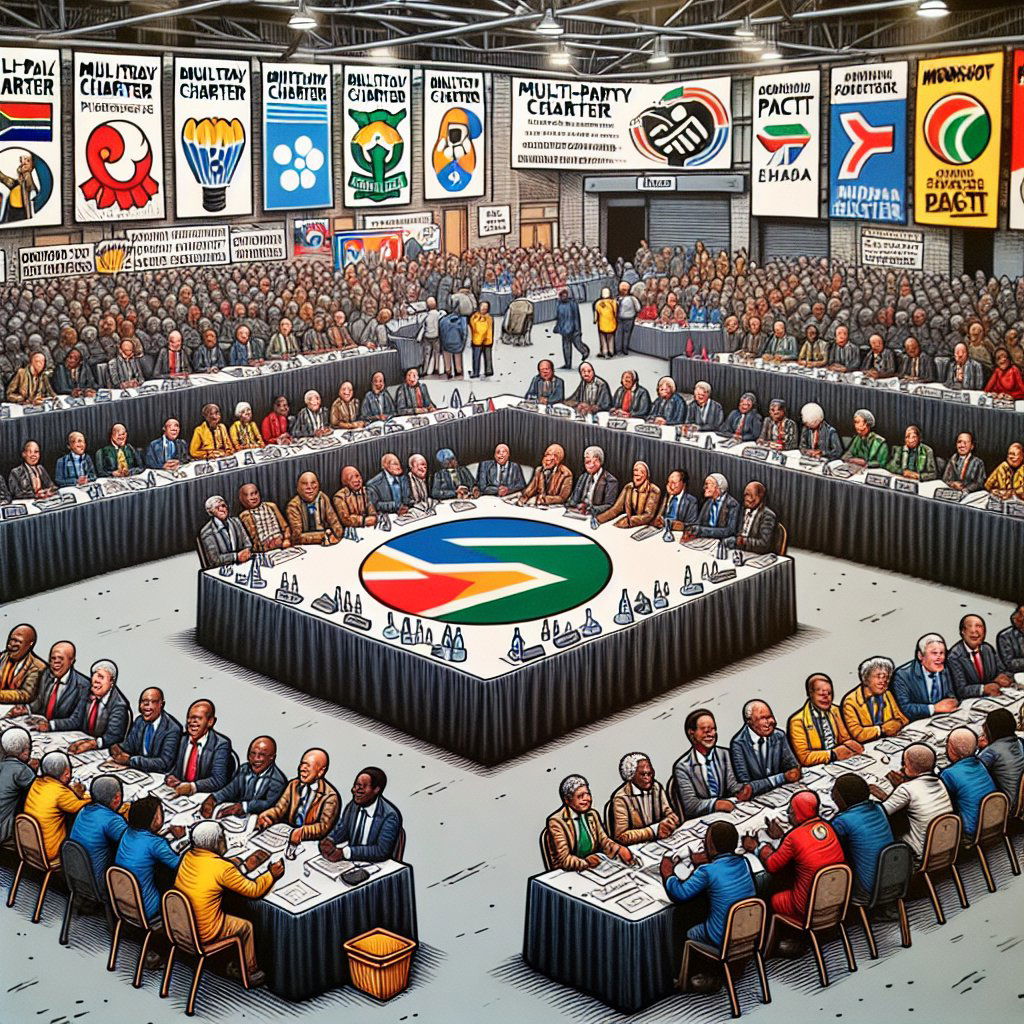Image: AI generated for illustration purposes
The Democratic Alliance Leads Charge Against ANC with Multi-Party Charter
In a bold move that could significantly alter the South African political landscape, the Democratic Alliance (DA) is ramping up efforts to create an alternative governance coalition to challenge the long-standing dominance of the African National Congress (ANC). With an eye on the 2024 general elections, the DA has orchestrated a coalition of eight opposition parties under the banner of the Multi-Party Charter to engage with and harness support from civil society groups.
On Tuesday morning, many representatives from various community organizations convened in Boksburg, east of Johannesburg, to deliberate on strategies for fostering political change in South Africa. The DA is taking on the role of facilitator in this grand coalition, which includes influential parties such as the Inkatha Freedom Party (IFP) and the African Christian Democratic Party (ACDP).
Previously kicked off in Kempton Park this August, the National Multi-Party Convention has now unveiled what's termed as the "Moonshot Pact." This initiative lays out a shared agenda for action and governance for the associated parties, setting ground on mutual understanding and policy direction, aiming to shake up the political reality if the ANC fails to muster a majority in the upcoming electoral contest.
John Steenhuisen, the DA leader, has emphasized the historic nature of these efforts, noting that many detractors did not believe such diverse parties could set aside their differences. Yet, the coalition is proving to be a unifying force for groups that are fundamentally bound by the shared goal of prioritizing South Africa's prosperous future over partisan politics.
With South Africa facing multifaceted challenges, including economic difficulties, public service issues, and societal inequalities, opposition parties feel a radical shift in governance is paramount for national progress. If successful, this coalition could not only disrupt the ANC's reign but could also potentially sideline the Economic Freedom Fighters (EFF), preventing them from gaining significant power, as some political analyses suggest.
This gathering in Boksburg is not an isolated event but part of a rigorous campaign trail that intends to reach out to the country's grassroots for broad consensus building. The proposed coalition wants to glean insights from across society to ensure that their prospective governance model aligns with the nation's diverse interests and urgent needs.
If the Moonshot Pact translates into electoral success, it promises to deliver a unified, multiparty alternative that could have a transformative effect on the governance of Africa’s most industrialized economy. The proposal implies not only a stark political turnover but a departure from singular party dominance that South Africa has known for nearly three decades.
It remains to be seen how the ANC will respond to this heightened mobilization by its political opponents. The country watches with bated breath as the 2024 elections could mark a pivotal turning point in its democratic journey, potentially bringing a comprehensive shake-up of the current political order.










